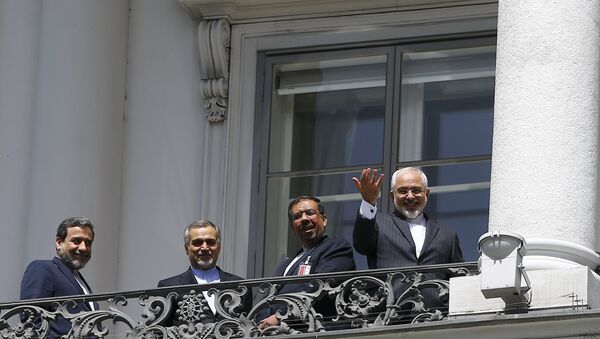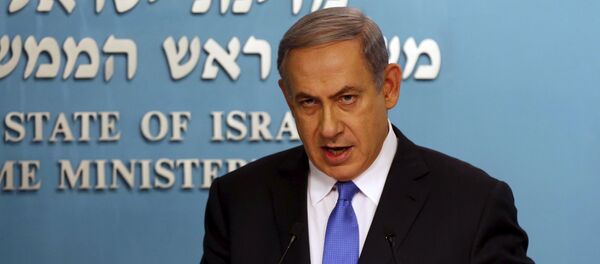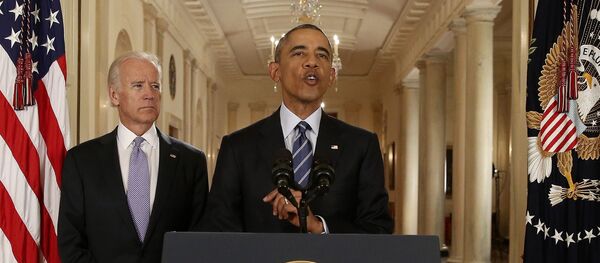According to the document prepared by the P5+1 group and Iran, the agreement will enter into force 90 days after it is approved by the UN Security Council.
"Israel believes that an alternative to this deal could have been a better deal. It is no accident why Iran has come to the negotiations table, because the sanctions were efficient, that’s why it was possible to reach a better deal by prolonging the sanctions and exerting pressure on Iran," Elkin said.
The Israeli minister added that the P5+1 leaders made too many concessions to Iran, especially during the last days of the talks.
"They have crossed too many red lines, which they set for themselves in the first stages [of negotiations]. Iran took advantage of the fact that the leaders were ready to reach an agreement at any price and, practically, pressed them into fulfilling its demands," Elkin said.
"We believe that regarding this agreement Obama, as well as all the other European leaders, is making a huge mistake," Elkin said, adding that relations between the United States and Israel "are traditionally good and do not depend on differences [they may have] on various issues."



